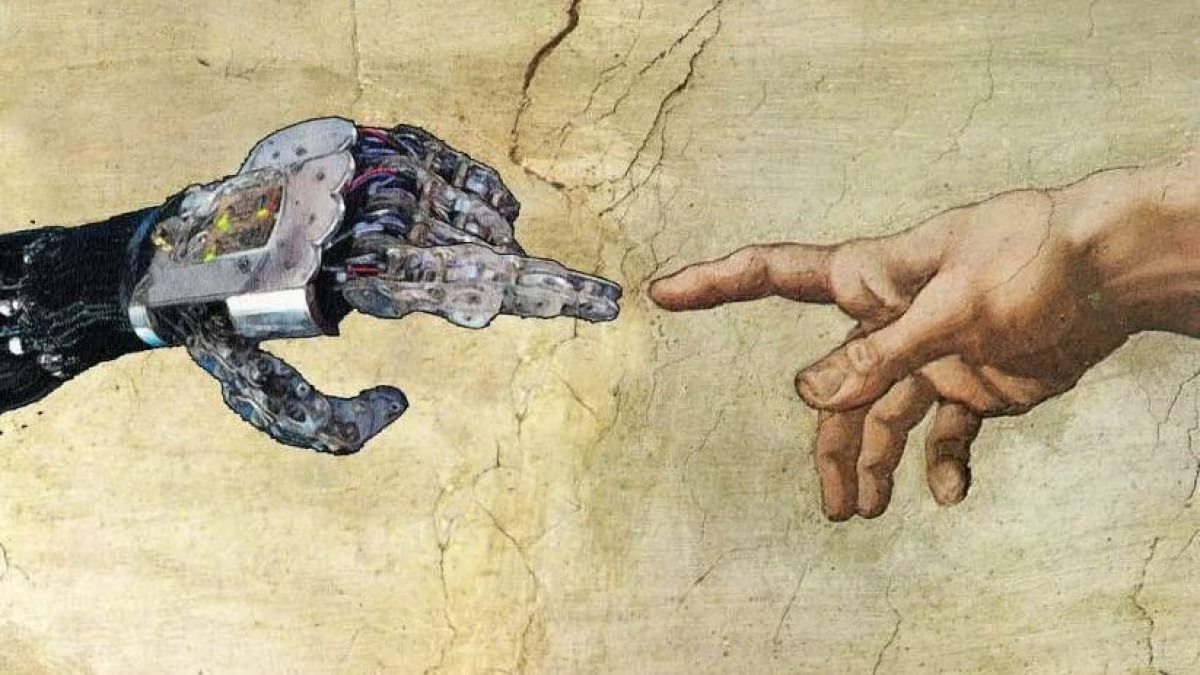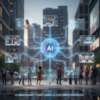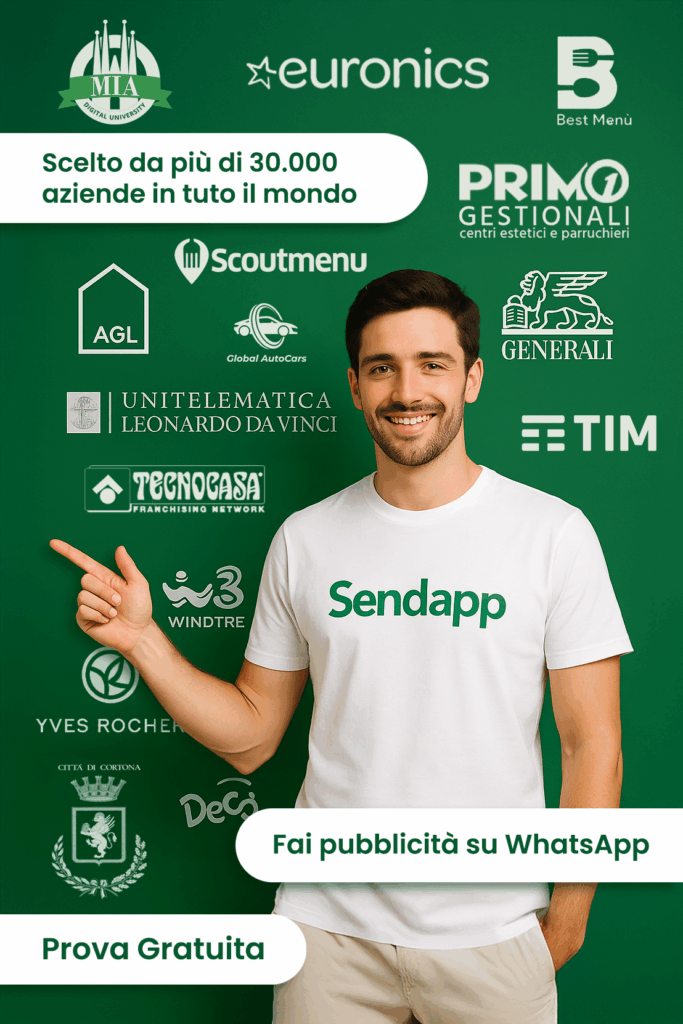Creativity and Artificial Intelligence: Battle between Humans and ChatGPT
There is no doubt that ChatGPT and other generative artificial intelligences are revolutionizing productivity in several industries. But can they really surpass human creativity? This is the dilemma that inspired an intriguing experiment conducted at the Wharton School of the University of Pennsylvania.
The Battle Between Human Creativity and AI: Who Reigns Supreme?
According to a report published by the Wharton School, titled “Ideas Galore,” AI appears to have a significant advantage. The research examined the quality of ideas generated by both ChatGPT and university students, highlighting a surprising phenomenon: a single brilliant idea can easily outperform ten mediocre ideas. In the context of creativity, ChatGPT appears to have outperformed students in generating ideas of higher quality and with greater variety.
The Design of the Experiment: Testing Humanity and Machine
To ensure a level playing field, both students and ChatGPT were given the same “prompt,” or command. This consisted of asking participants to generate new ideas for a physical product, aimed at college students, and that could retail for less than $50. The goal was to generate ten different ideas, each divided into paragraphs of 40-80 words.
Analysis of Results: Speed vs Quality
ChatGPT generated two hundred ideas in just 15 minutes, while a human working alone could generate around five ideas in the same amount of time. But the real story here is about quality. To assess the potential economic value of ideas, the researchers used the VIDE model, which takes into account various factors such as the product's development potential and its market reception.
ChatGPT's Ideas Overwhelm Human Ideas
According to the study results, ChatGPT generated the best rated idea in the sample, with a higher purchase probability of 11% than the best human idea. Furthermore, among the top 40 ideas, 35 came from ChatGPT, making up 87.5% of the total.
Conclusions and Reflections: Where is Creativity going in the Future?
The Wharton School experiment highlighted the incredible potential of generative artificial intelligences in the field of creativity. However, it is crucial to note that creativity is a complex phenomenon, influenced by many factors, including intuition and inspiration, which are so far unique to humans. But as AI continues to make progress, the future of creativity looks set to transform in ways we can currently only imagine.








